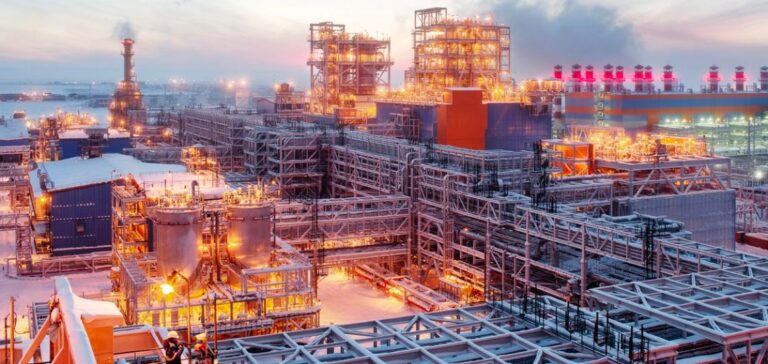Oil prices were stabilizing on Wednesday, after rebounding the previous day, with recession fears offsetting concerns about supply shortages and energy security after the Nord Stream pipeline leaks.
By 09:55 GMT (11:55 in Paris), a barrel of Brent North Sea for November delivery was down 0.10% to $86.18. The barrel of U.S. West Texas Intermediate (WTI) for delivery in the same month, lost 0.25% to 78.29 dollars.
The Dutch TTF futures contract, the benchmark for natural gas in Europe, was still up sharply on Wednesday, by about 10%, at 204 euros per megawatt-hour (MWh).
On Monday, the two gas pipelines Nord Stream 1 and Nord Stream 2 linking Russia to Germany under the Baltic Sea were hit by three major leaks, preceded by underwater explosions, near a Danish island.
“The damage to infrastructure has heightened concerns about energy security,” UBS analysts explained in a note.
The prices of both crude oil and European natural gas rebounded following these incidents, which the President of the European Commission, Ursula von der Leyen, described on Tuesday as acts of “sabotage”.
The European Union has promised the “strongest possible response”. Neither pipeline was in operation, as Germany suspended certification of Nord Stream 2 after the Russian invasion of Ukraine in February, and Russia stopped supplying gas via Nord Stream 1 since the end of August.
“So the question for many is what the sabotage was trying to accomplish, occurring around the inauguration of a pipeline that will deliver Norwegian gas to Poland,” points out Craig Erlam, an analyst at Oanda, the Baltic Pipe.
This pipeline, with a capacity of 10 billion cubic meters of gas per year, was built to reduce European dependence on Russian gas. At the beginning of the war, Russia supplied about 40% of European gas imports.
For Craig Erlam, analyst at Oanda, the lull in crude prices is expected to be short-lived, with “economic gloom” and a strong dollar once again weighing on crude prices.
The director general of the World Trade Organization (WTO) predicted Tuesday a “global recession” as the world is in the grip of “multiple crises”.






















